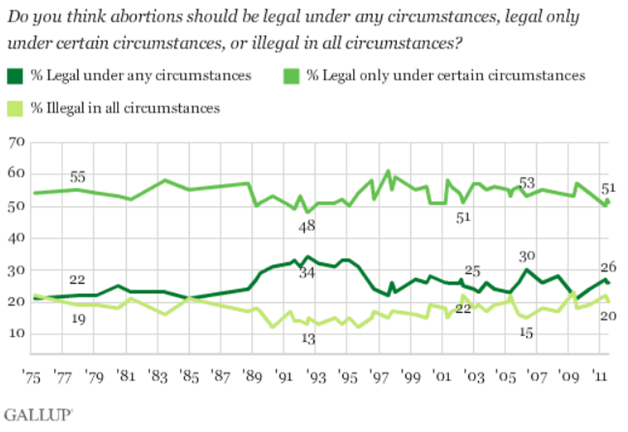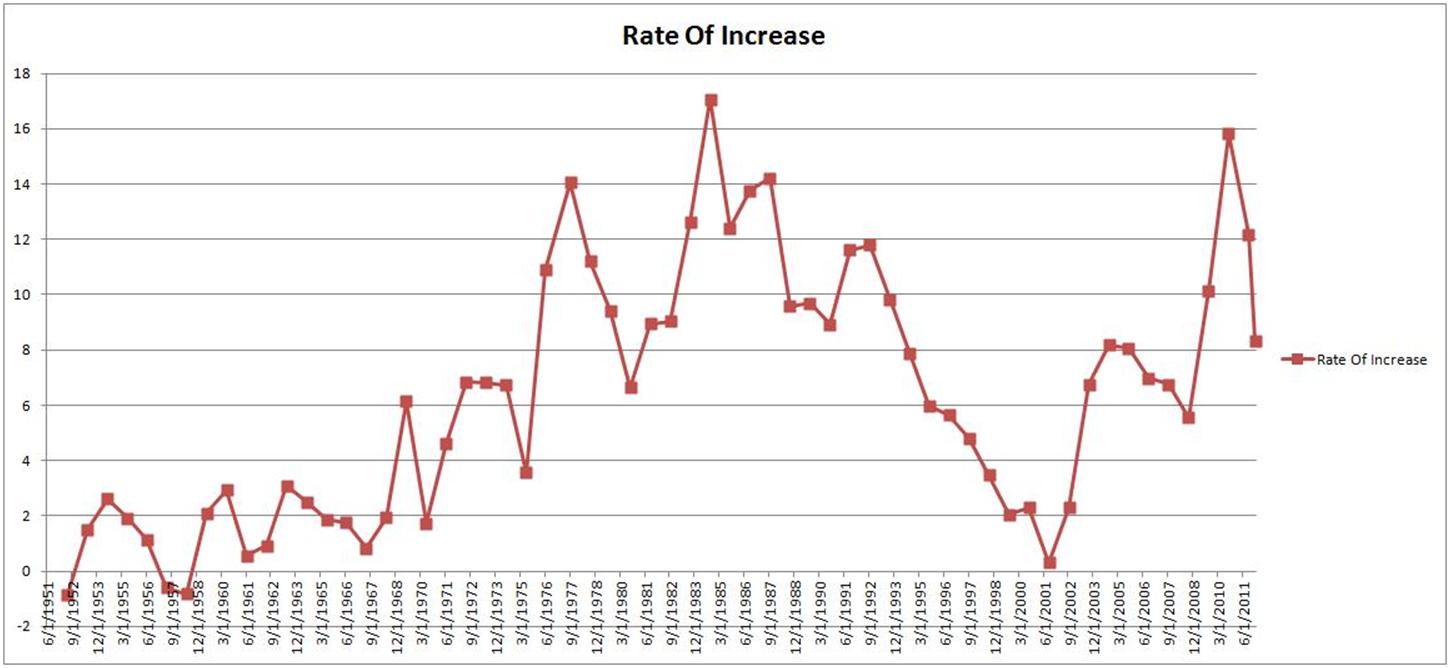With regard to more comments from this:
Clark,
“I think it unfair to say LDS think the apostasy is due to Greek thought. Many people (including myself) think that one major problem is applying Greek absolutism to the concept of the Hebrew God. But the range of LDS views on apostasy is much more complex than it appears at first glance.”
Thanks for your comments. I found the links you cited interesting. Certainly, there appears to be a rich plurality of opinions on the apostasy spoken of in LDS circles. First, I would like to comment on some quotes from the article by Dave Banack (link):
“The simplest form of the narrative is that there was an original church from which something essential (doctrine, scripture, authority, priesthood, the Spirit) was lost.”
…
“Here’s the problem. Scholarship in the 20th century suggests that the original condition of Christianity in the decades following Christ’s death — the very beginning of the early church — was not any sort of essential unity but instead was radically diverse. In other words, there never was an early Christian Church, there were, at the very beginning, many different churches (and yes, I recognize that the term “church” is somewhat anachronistic in this early context, but that is sort of the point).”
…
“At some point you get early enough that the evidence no longer argues for an apostasy, it argues for the failure of an original church (from which the Christianity of later decades or centuries apostatized from) to ever be established or organized.”
“The Not-So-Great Apostasy”, February 8, 2012, By Dave Banack, (link)
I am in total agreement with the premise of this article. From my readings as well, there was no original early church. There were many sects oriented from Judaic to Helenistic to Roman and political to practical (in your words – “on the pragmatic side of the Atlantic”) to mystical. Even the texts whether canonical or not have lots of influences from and against these sects. The authorship of these texts also has major questions. It seems to me that reading a “proper origin” (arche), original church, is wishful thinking – or perhaps, ‘arche-thinking’ that must rely heavily on faith in divine authorship and not so much on the actual texts and archaeologies.
I think you may find this link interesting.
With regard to your belief in Hellenistic ‘absolutism’ and Hebrew and Dave Banck’s statement,
“Myth 2: The apostasy was caused by the hellenization of Christianity or the incorporation of Greek philosophy and culture into the teachings of the early church. [This happened a century too late to be a causal explanation.]”
I agree with Dave Banck’s assertion that the ‘apostasy’ cannot be attributed to this (as I think there was no original ‘church’ to be apostate from). However, I would suggest that you are correct that there was an incorporation of Hellenism into Christianity that vastly effected later history, I agree with Heidegger and Nietzsche that the Latin world misunderstood Aristotle on the issue of ‘absolutism’. Aristotle was not an ‘absolutist’. Maybe you could posit that idea from Parmenides and the Eleatic school (although that may be more problematic than at first glance). Plato and Aristotle argued against this school (The Parmenides, Physics). Heidegger’s earlier writings did accuse Plato of thinking the Idea in terms of a, what you might refer to as ‘absolute’, nous (mind, ratio – rationality) that was based on the reification of presence. However, even on this, he changed his mind later.
From my reading, I think the ‘absolutism’ of Judaism did get thought in terms of the reification of presence Heidegger refers to as “Platonism” (Neo-Platonism, Latin, Roman, early church fathers, etc.). In particular, I see this at the end of the first century (which is what I think Dave Banck alluded to) when the gospel of John and 1st, 2nd and 3rd John show up (90 to 120CE). Consider this,
“By the beginning of the Common Era, the Logos was a deeply felt and intricate part of Greek thought despite its mystical and sometimes confusing machinations. It was well established that the Logos was a divinely felt presence of God, but no philosopher could find a more practical implementation for how the Logos actually mattered to humans and their lives. The man who would provide this meaning and give personified substance to the Logos at the beginning of the Common Era was Philo.
Philo of Alexandria (30 BCE – 45 CE) introduced the concept of the Logos as an allegorical force of Yahweh. He was a Jew of the dispersion, and observed the mitzvot, yet like a lot of cosmopolitan Alexandrians of the time, worshipped the Greek gods too. Philo believed that the two worlds were not irreconciliable and the Logos was his attempt at melding Yahwism with the Greek vision of God.”
…
“Philo never explained clearly what his Logos was, but it often took on the form of the essence or divine nature of God. Philo’s Word was extremely popular among Jews and non-Jews alike, successfully splitting God into multiple personifications that pagan worshippers would later refine further from Bi- to Trinitarian concepts that we are familiar with today. We first see the application of the philosophy of the Logos in the prologue of the Gospel of John which begins by proclaiming Philo’s triumph:
“In the beginning was the Word, and the Word was with God, and the Word was God …. The same was in the beginning with God … and the Word was made flesh, and dwelt among us, (and we beheld his glory, the glory as of the only begotten of the Father [God].” (John 1:1-14)”
While I am not in so much agreement with this article’s notion of Greek thinking I think it is correct concerning the Greek influence of the writer of 1 John. The epistle argues against the Ebionites that were a more Judaic branch of Christianity. They thought that Jesus did not exist before Mary and the writer of 1 John seemed to want to use the synthesis of Philo between Hellenism and Hebrew to establish the divinity of Jesus by associating Jesus as the logos.
The conversion of logos into a Being named Jesus not only misunderstood Plato, Aristotle, Heraclitus (that first used the notion of the logos) but it also made Yahweh into Being from Hebrew thought. The misunderstanding of Logos as nous is central to Heidegger and Nietzsche (The Birth of Tragedy). Moreover, this confusion of Being with logos is essential for logocentrism and Derrida. Speech (rationality = consciousness of the speaker, presence, the secondary position of writing, etc.) is the ‘word of God’. I do not think postmodernism can be understood without thinking from (as against) this deification of presence even on this side of the Atlantic. This is not to favor mystification but to listen attentively to what is not said…cannot be said from correctness.
“Nietzsche has obviously some Mormon dislike due to his self-labeling himself as the anti-Christ. However I think among Mormon thinkers the view is much more positive. Many of Nietzsche’s criticisms of Christianity parallel a lot of Mormon criticisms of traditional Christianity (including the Greek Absolutism angle). Furth http://timesandseasons.org/index.php/2012/02/the-not-so-great-apostasy/er I think Mormon concepts of development make Nietzsche’s criticism of charity somewhat sympathetic to Mormons. Even Nietzsche’s concept of the superman has parallels to Mormon conceptions of deification. However there are some big differences. Nietzsche elevates power and the seeking after power in a way Mormons fundamentally reject. Further the existence of God in Mormon thought obviously undermines much of what Nietzsche does from a Mormon perspective. I think Nietzsche can have a positive place for Christians by helping clean away false ideas within Christianity.”
“The Antichrist” was NOT Nietzsche’s “self-labeling himself as the anti-Christ”. It is Nietzsche’s criticism of historical Christianity (“Jesus was the only true Christian”) – the slave morality inherited from Judaism and made into a fine art by orthodoxy. He found this extremely anti-Greek. He would NOT have excluded the LDS from this ‘slave morality’. The slave, the oppressed, the downtrodden, the care for the sick and the poor was everything Nietzsche detested in Christianity – it valued egalitarianism and democracy instead of ‘will to power’ and historically creating the master narrative (History is a tale told by the victors). Modern day neocons love Nietzsche for these reasons (I call them chest-beaters). I think the neocons are even more detestable than the slave morality of Christianity as they talk the talk but dare not walk the walk but that is another essay.
I understand the physical embodiment that LDS has for God but almost all scholars I can think of think that the antichrist and the Übermensch are not physical beings but refer to the death of God – the historical demise of the meta-language of presence, divinity, rationality, etc. and the ‘resurrection’ of another reading of the Greeks or ‘creation ex-nihilo’ (viz. nihilism).
For Nietzsche it was not about false ideas in Christianity but that Christianity ITSELF is false -in essence. It cannot be ‘redeemed’ by some kind of straining process between true and false ideas. It essentially sets the stage on which true and false can even happen AND it does it exhaustively from heresy and apostasy because Jesus WAS the only ‘true’ Christian. I think that homogenizing the text until it is sort of a new-age’y affirmation of LDS or pragmatic reading is a logocentric, canonical reaffirmation of the Greeks, Heidegger, Nietzsche, Derrida and postmodernism.
“As for your last paragraph I’m not entirely sure what you mean. One way to read Derrida is that we never can escape metaphysics. In this view the postmodern move really isn’t a move out of modernism but a recognition of the crisis of the modern world yet simultaneously how we are trapped within it. Thus Derrida’s various impossibilities.”
I agree that postmodernism is a reaction against modernism. First, modernism itself was a reaction against conservative realism (rationalism, Enlightenment, materialism and positivism – the violence of progression). Postmodernism was a reaction to modernism, structuralism, collectivism, positivism, realism, formalism and metaphysics. Yes, we can never ‘escape metaphysics’ but that does not mean it is a sort of Sartre-ean ‘no exit’ situation or a mere repetition of metaphysics – it is not an unqualified affirmation of metaphysics – there is an essential difference (differance – spatially defer and temporally deter) . It is very much like Heidegger suggesting that we have not yet learned to listen. If we simply listen to meta-language (as in the terms I previously used… resurrection, creation ex-nihilo, redeemed) and believe it as the history of ‘truth’ there is no need for postmodernism – just take the tradition as is. The ‘truths’ and their essential (essence-ing) falsities, heresies, apostacies, etc.) which must always accompany them in bi-polar oppositions (even if held as such in aufhebung…synthesis) have become impotent to the point of being ‘strange’ in postmodernism. Of course, you may think that postmodernism is not strange at all but only yet another affirmation of metaphysics (in whatever way you want to re-structuralize, synthesize, ‘pragma-cize’, winnow, etc.) but that is not an exercise in postmodernism it is only a pre-postmodern perspective dressed up in the words of postmodernism. What I was trying to say in the last paragraph was that you COULD do that in an ironic way and perhaps not simply ignore the text of postmodernism but to simply make postmodernism as part and parcel of analytic philosophy or LDS or whatever loses the radical trace that uncannily undoes the text in its inescapability.
I do not think Levinas is capable of being understood without understanding the setting adrift of metaphysics in postmodernism, Derrida, Heidegger, Nietzsche and the other reading of the Greeks.
“I should note I reject the label postmodernism but that’s primarily because of all the idiocy done under the term the last 30 years. (I don’t think Derrida ever accepted the label either)”
I think Derrida had the problem with the ‘deconstruction’ label.
I don’t think this changes what truth is. The way I read Derrida is with a strong realism and acceptance of truth. However truth is primarily the selection by greater powers (the Nietzschean move) yet trapped within a kind of perspectivism. But some statements and views can survive in a relatively unscathed way as one moves between contexts. (The graftings) So I think we have to be careful with irony. I reject the way someone like Rorty took Heidegger, Derrida and Dewey for instance. Interestingly Rorty’s wife was LDS – one of my philosophy professors in college actually home taught him. (Home teaching is a month visit within the Church to ensure people don’t have any problems they need help with, to fellowship them, and to give a short devotional message – I’ve always wished I could have heard some of those discussions with Rorty.
I think Derrida did not accept ‘truth’ or ‘realism’. It seems like you are searching for an analogous way of thinking about it but I am not sure the analogy holds – it seems to reverse the thought. I do not the ‘grafting’ is from one truth to another but between signifiers that simply point to other signifiers without any ‘thread of truth’.
To write means to graft. It’s the same word. The saying of the thing is restored to its being-grafted. The graft is not something that happens to the properness of the thing. There is no more any thing than there is any original text. (Derrida, 1972a: 389)
The graft is not a ‘proper’ understanding that leads to another ‘proper’ understanding of the text.
BTW – I agree that Christianity corrupted Greek thinking just as Greek thinking corrupted Christian thinking. As I discussed in my rejoinder to Bill Vallicella I think the fundamental error of traditional Christian theology was to see one and the same “object” for the questions of Greek philosophy (the absolute) and the questions of Hebrew faith (the interventionist God).
Agree. However, what do you mean by “the fundamental error of traditional Christian theology”? –Does this leave room for non-traditional theology, i.e., LDS, to see different ‘objects’ for Hellenistic and Hebrew as opposed to unpacking what is meant by ‘object’?








